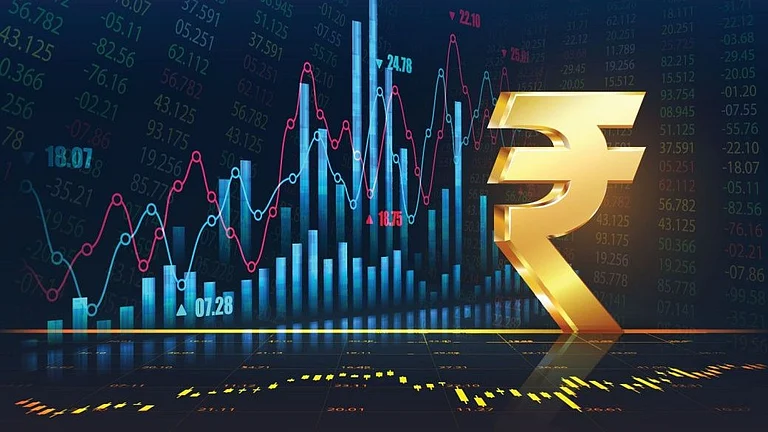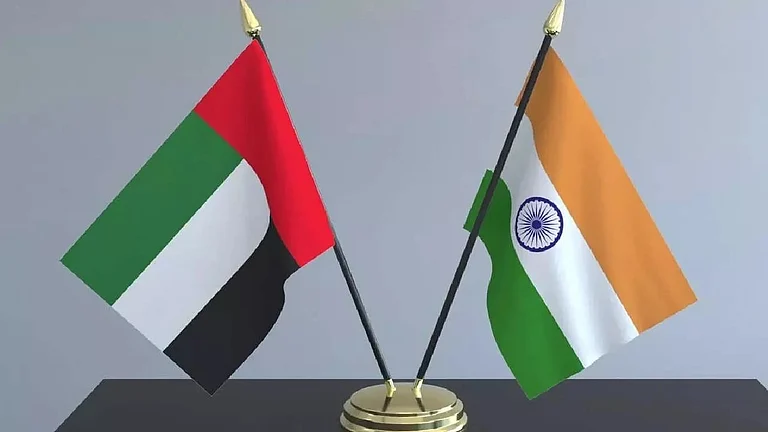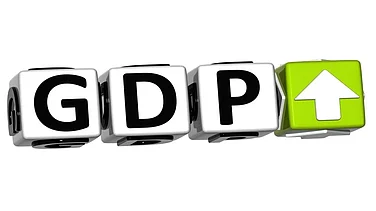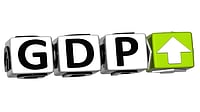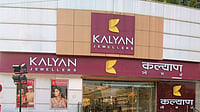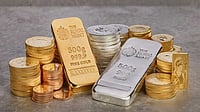Union Commerce and Industry Minister Piyush Goyal on Thursday said post- 2004, China suddenly became India's top trading partner and by 2014 - a decade when the Congress- led UPA was in power - the country's trade deficit grew from USD 2 billion to USD 40 billion.
He noted that in the 1990s one of the biggest mistakes that countries worldwide, including India, committed was to accept China as a market economy and a member of the World Trade Organisation (WTO).
Now, countries like India and the US are calling out certain trade practices of Beijing and its predatory prices, Goyal maintained.
The minister was speaking at the 6th Asia Economic Dialogue, jointly organised by the Ministry of External Affairs (MEA) and the Pune International Centre (PIC). The theme of the conference was 'Economic Resilience and Resurgence in an Era of Fragmentation'.
Taking a dig at the Congress, Goyal said when the party was in power, it had some 'secret' agreements with Beijing and drastically reduced import tariffs on a Most Favoured Nation (MFN) basis for all countries equally, including for a non-market economy which was China.
"China has two elements. First, it is a non-market. One of the biggest mistakes the world, including India, did in the 90s, that was around the time when China applied for WTO membership, was to accept China as a market economy and as a member of the WTO.
"Now, we are calling them out and US President Donald Trump also is calling them out for their practices of trade and predatory prices," he emphasised.
Referring to the second element, Goyal said he wonders what exactly happened after 2004 when China became India's largest trading partner.
"Around 2004, India's trade deficit with China was just about USD 2 billion. Then the ruling party at that point of time had some secret confabulations and meetings and some secret agreements which we have yet to see what those agreements were all about. And India drastically started reducing all import tariffs on an MFN basis, which means for all countries equally, including for a non-market economy which was China," he added.
Non-market economy refers to a country where various factors of production are driven by government intervention and not fully guided by free market elements.
The minister noted that between 2004 and 2014, India's trade deficit grew at a compounded annual growth rate of 45 per cent - from USD 2 billion to USD 40 billion - the decade before the BJP-led government assumed office.
Further elaborating on the trade deficit with the neighbouring country, Goyal remarked that it is still a mystery what kind of memorandum of understanding (MoU) the Congress had signed with the Communist Party of China (CPC).
"There is still a question mark about it (MoU). I hope that someday (Congress MP) Rahul Gandhi will clarify this and tell the nation what was that agreement which increased our trade deficit by 45 per cent in that 10 years. The day Congress and Gandhi decide to speak on the hidden agreement, the country would know about what sort of nationalism they were showing," he maintained.
Referring to Indian Overseas Congress leader Sam Pitroda's recent reported comments, the BJP leader said some functionaries in the opposition party have deep affection towards China.
"Today also, be it Sam Pitroda or any other spokesperson from the Congress, they have a big attachment towards China. They still talk about China affectionately and one fails to understand whether for them, India is first or other countries are first," Goyal averred.
Pitroda was reported to have said that he did not understand the threat India faces from China, and it was often blown out of proportion. The Congress quickly distanced itself from his statement.
Since 2014, when the BJP-led government assumed office at the Centre, the growth of India's deficit with the world's second largest economy is 2 x or 2.5 x, Goyal pointed out.
A trade deficit occurs when the value of a country's imports exceeds the value of its exports.
"We brought in more in terms of MFN import duties largely to protect against China's influx of substandard goods, predatory priced goods and goods which have hurt and damaged the Indian economy.
"But what had happened in that period was that the Indian consumer had got used to a certain price point irrespective of quality. And I often said goods coming from such countries and of this substandard quality or at predatory pricing is like opium. You know, you get hooked on it. You get addicted to it and getting out of that addiction is a long process," he added.
The BJP-led government is trying to "de-addict" from that low cost, substandard goods that have flooded the Indian market, Goyal opined.
"If one observes, under our government, we have started being very strict on quality control and quality products," the minister said.
Goyal remarked that there were 106 quality control orders in 2014 and ten years later in 2024 that number went up to 700.
"India should accept that if we have to become a developed nation, quality, quality and quality is the one factor that will determine our success," he noted.









